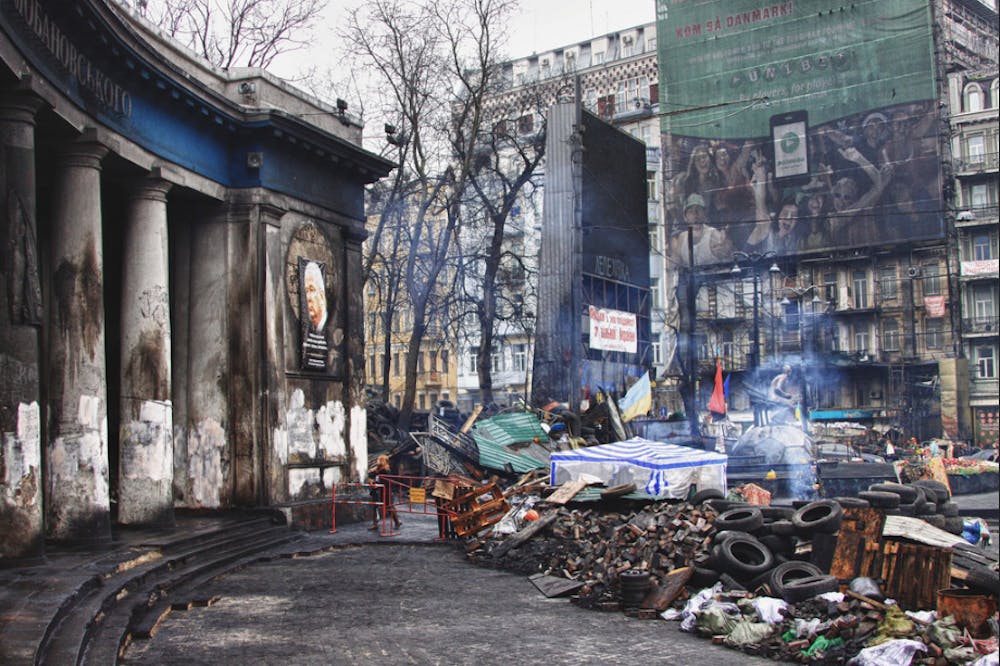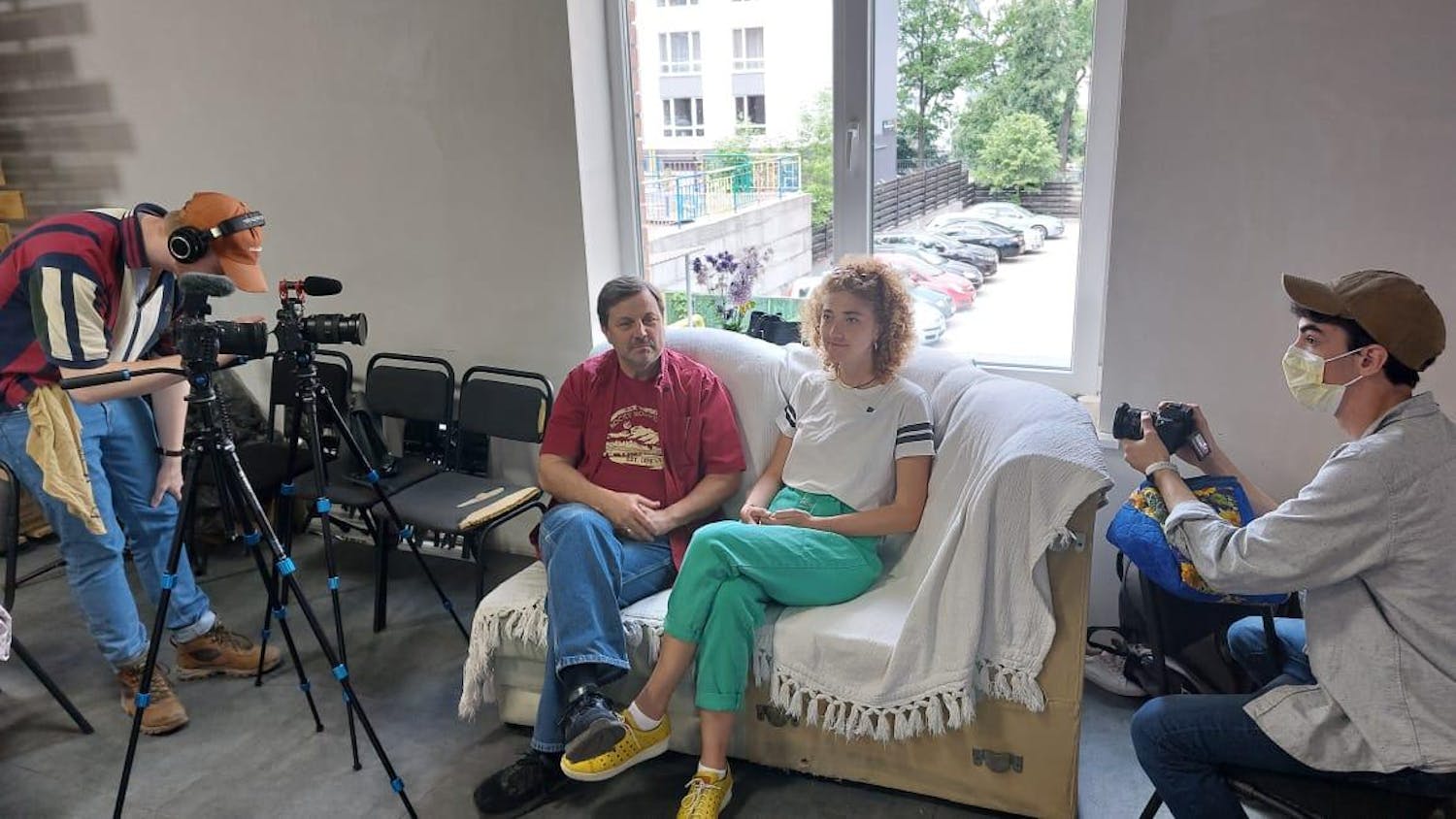By Joseph Johns | Contributor
Far-right nationalist group Svoboda and Ukrainian police forces clashed in a new string of riots early last week. This conflict represents a continuation of last year's unrest in Ukraine.
The demonstrators that assembled in front of the Ukrainian Parliament building in Kiev protested the new autonomy amendment to the Ukrainian Constitution. These autonomy measures would give more power to the Eastern Donbas region of Ukraine.
These measures are opposed by two right wing groups in Ukraine, known as Svoboda and Pravy Sektor. The Svoboda party is the less-violent group urging more peaceful change, while Pravy Sektor resembles a more violent militia group which has volunteers fighting in the Eastern Donbas Region. Svoboda is mainly a minority political entity, which holds six seats in the Ukrainian Parliament, as opposed to Pravy Sektor, which uses violence to achieve its goals.
The Svoboda Party Press Service released a publicstatement condemning the proposed Constitutional Amendments on Aug. 31, saying the authorities are entirely liable for the acts of terror near the Parliament.
Ukrainian Interior Minister Arsen Avakovreported that one police officer died of shrapnel wounds and around 10 more were seriously injured when a military hand grenade landed behind the police line.
This development brings into question the unity and loyalties of the Ukrainian people, who are weary under the burden of Russian encroachment for the last 18 or so months. Since the Ukrainian people refuse to support their own government, the possibility of foreign involvement by nations such as the United States or United Nations becomes more likely.
This power can be expressed through a variety of sources ranging from political to economic to multilateral international treaties which are funneled through the U.N. The international option is the least appealing to those who want a cessation of hostilities because of the nature of the United Nations Security Council: all five permanent Member States must concur to pass a resolution.
The Russian membership in the so-called P-5 makes a peaceful resolution much less likely.
Dr. Stephen King referenced our own political history as a guideline for whether or not to intervene in the current Ukraine crisis.
"In a broad sense, I think that we should look at our own history (and) consider what we did in Iraq with good intentions that ultimately led to negative consequences," King said.
Dr. King thinks that we should, as much as possible, let Ukraine have its self-determination due to our own history of fighting to gain our independence from the U.K.
The U.S. has been mostly quiet concerning this specific protest and opting to wait out the Pro-Russian aggression, hoping that Russia will cease hostilities.
Although as Kerton-Johnson said , "Russia is not stopping."
The Organization for Security and Co-operation in Europe, a watchdog organization charged with monitoring the Ukrainian ceasefire, reports that the latest agreement signed in Minsk, Belarus in February "has been violated almost daily."
This type of blatant disregard shows that neither side is ready to lay down their arms and negotiate a peaceful settlement. Until both sides are ready to cooperate, it is unlikely the conflict will cease.





